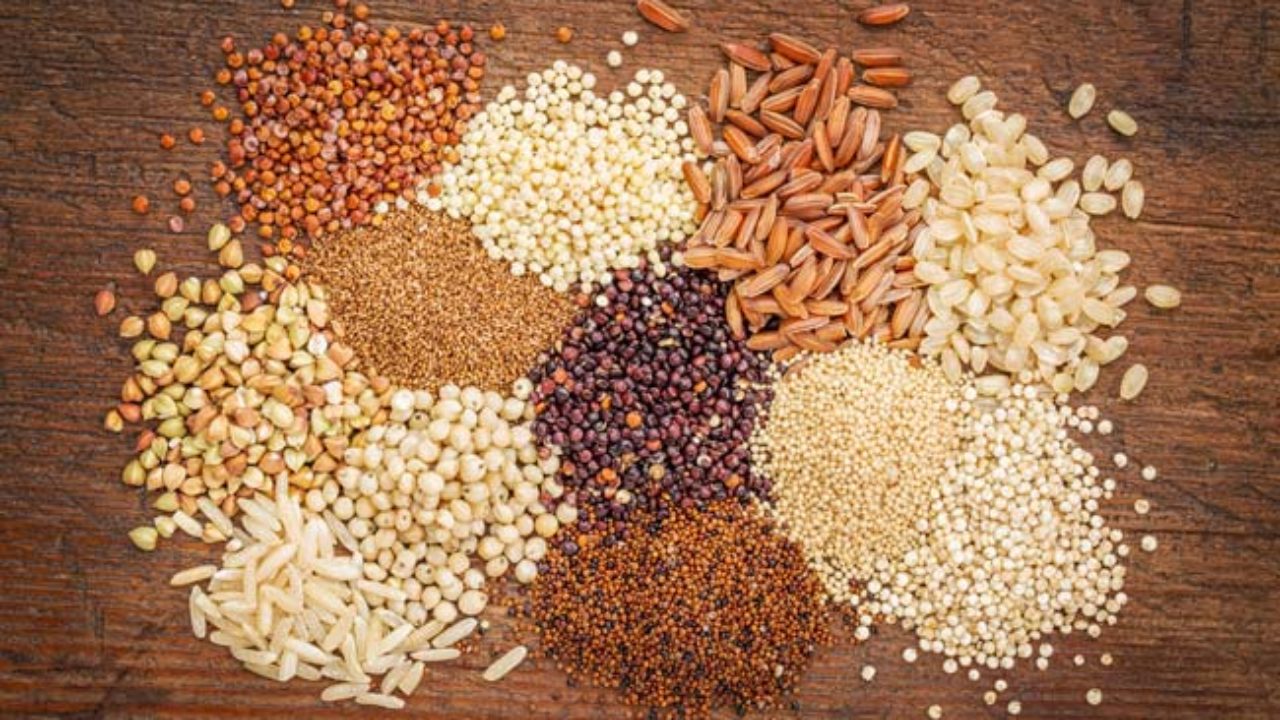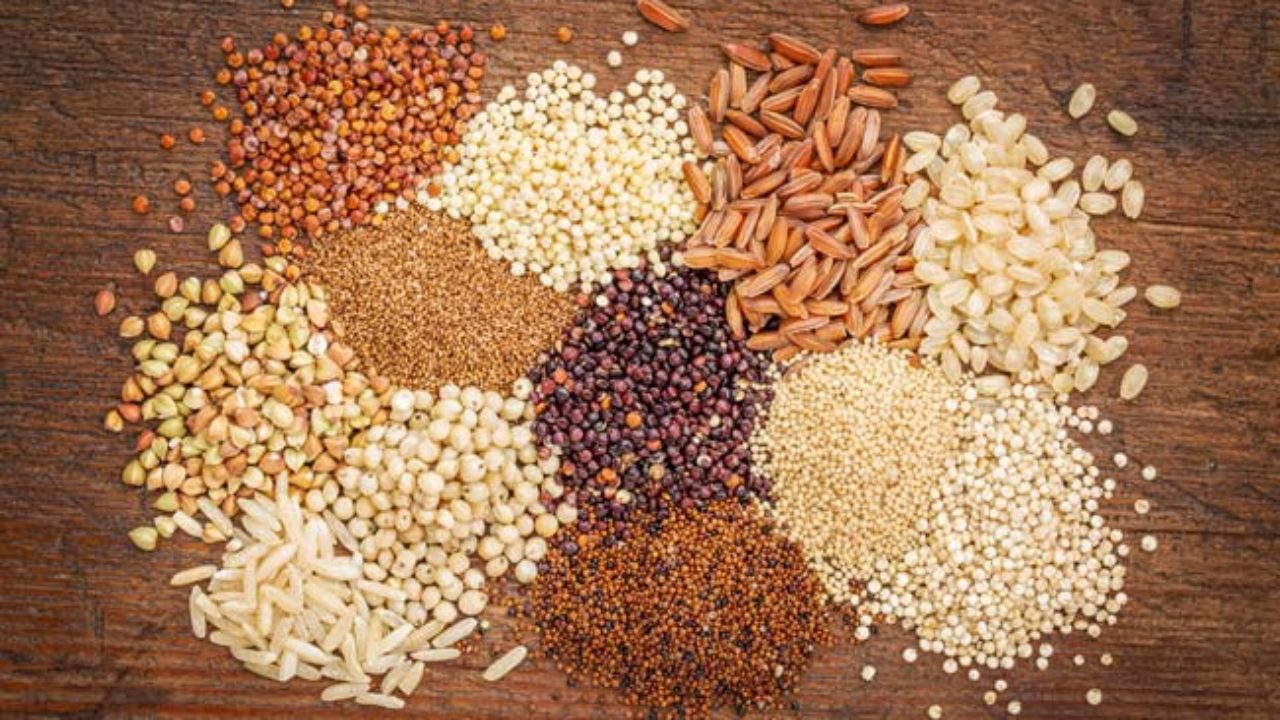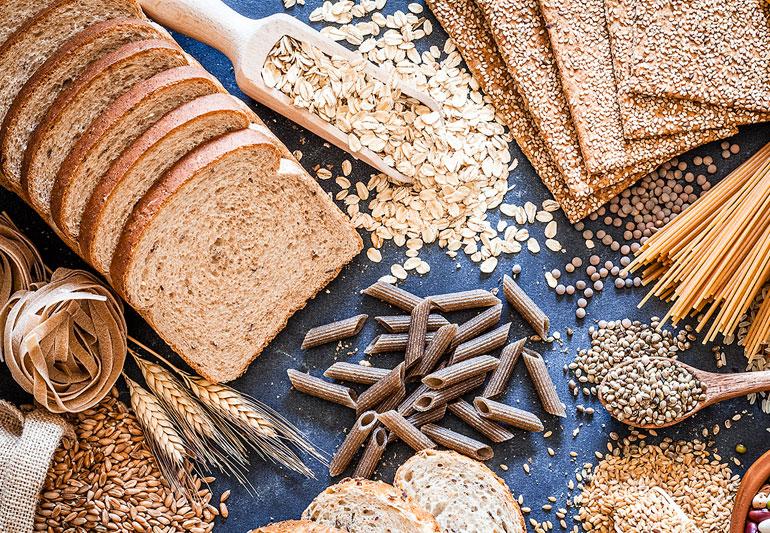Introduction
Whole grains have been a staple food for centuries, nourishing civilizations across the globe. Unlike refined grains, whole grains contain all three parts of the kernel—the bran, germ, and endosperm—making them rich in fiber, vitamins, minerals, and antioxidants. Including whole grains in your daily diet can improve digestion, protect your heart, regulate weight, and reduce the risk of chronic diseases. In this article, we’ll explore the many health benefits of whole grains, their nutritional qualities, and why they deserve a central place in a balanced diet.
What Are Whole Grains?
Whole grains are grains that retain all their natural parts and nutrients. They differ from refined grains, which are processed to remove the bran and germ, stripping away much of the fiber and nutrients.
Common Examples of Whole Grains
-
Brown rice
-
Oats
-
Quinoa
-
Barley
-
Whole wheat
-
Millet
-
Buckwheat
-
Bulgur
-
Rye
Each of these grains offers unique flavors and textures while delivering impressive health benefits.
 Nutritional Profile of Whole Grains
Nutritional Profile of Whole Grains
Whole grains are packed with essential nutrients that support overall well-being:
-
Fiber: Supports digestion, regulates cholesterol, and helps control weight.
-
Protein: Builds and repairs tissues.
-
B Vitamins (niacin, thiamine, folate): Support energy production and brain function.
-
Minerals (iron, magnesium, zinc, selenium): Strengthen bones, boost immunity, and regulate metabolism.
-
Antioxidants: Protect against inflammation and chronic diseases.
Health Benefits of Whole Grains
1. Improved Digestive Health
The high fiber content in whole grains promotes healthy digestion by preventing constipation and supporting gut bacteria.
2. Heart Health
Whole grains lower LDL (“bad”) cholesterol and blood pressure, reducing the risk of heart disease. Studies show that people who eat more whole grains have a healthier cardiovascular system.
3. Weight Management
Because whole grains are rich in fiber, they increase satiety (feeling full) and reduce overeating. This makes them excellent for weight management and preventing obesity.
4. Blood Sugar Control
Whole grains have a lower glycemic index compared to refined grains, meaning they release energy slowly and help regulate blood sugar levels. This is particularly beneficial for people with type 2 diabetes.
5. Reduced Risk of Chronic Diseases
Regular consumption of whole grains has been linked to lower risks of stroke, certain cancers, and metabolic syndrome.
6. Boosted Energy Levels
The complex carbohydrates in whole grains provide sustained energy throughout the day, unlike the quick spikes and crashes caused by refined grains.
Whole Grains vs. Refined Grains
-
Whole Grains: Retain bran, germ, and endosperm → High in fiber, vitamins, and minerals.
-
Refined Grains: Processed to remove bran and germ → Lower in nutrients, often enriched artificially.
Choosing whole grains over refined grains ensures you get maximum nutrition in every bite.
 How to Add Whole Grains to Your Diet
How to Add Whole Grains to Your Diet
Incorporating whole grains into your daily meals is simple and delicious.
-
Replace white rice with brown rice or quinoa.
-
Choose whole wheat bread instead of white bread.
-
Start your day with a bowl of oatmeal.
-
Use whole grain pasta for healthier dinners.
-
Add barley or bulgur to soups and salads.
-
Snack on air-popped popcorn, which is a whole grain.
Tips for Buying Whole Grains
-
Look for labels that say “100% whole grain” or “whole wheat”.
-
Check nutrition labels for fiber content (at least 3–5 grams per serving is ideal).
-
Avoid products that list “enriched flour” or “refined grains” as the first ingredient.
Whole Grains and Global Diets
Many cultures have relied on whole grains for centuries:
-
Asia: Brown rice and millet are staples.
-
Middle East: Bulgur and barley are widely consumed.
-
South America: Quinoa and amaranth have ancient roots in Incan diets.
-
Europe: Rye and oats are traditional foods in northern regions.
These global traditions highlight the timeless importance of whole grains in sustaining health.
Potential Considerations
While whole grains are highly beneficial, people with gluten sensitivity or celiac disease should avoid gluten-containing grains like wheat, rye, and barley. Gluten-free whole grains such as quinoa, brown rice, and buckwheat are excellent alternatives.


You must be logged in to post a comment.